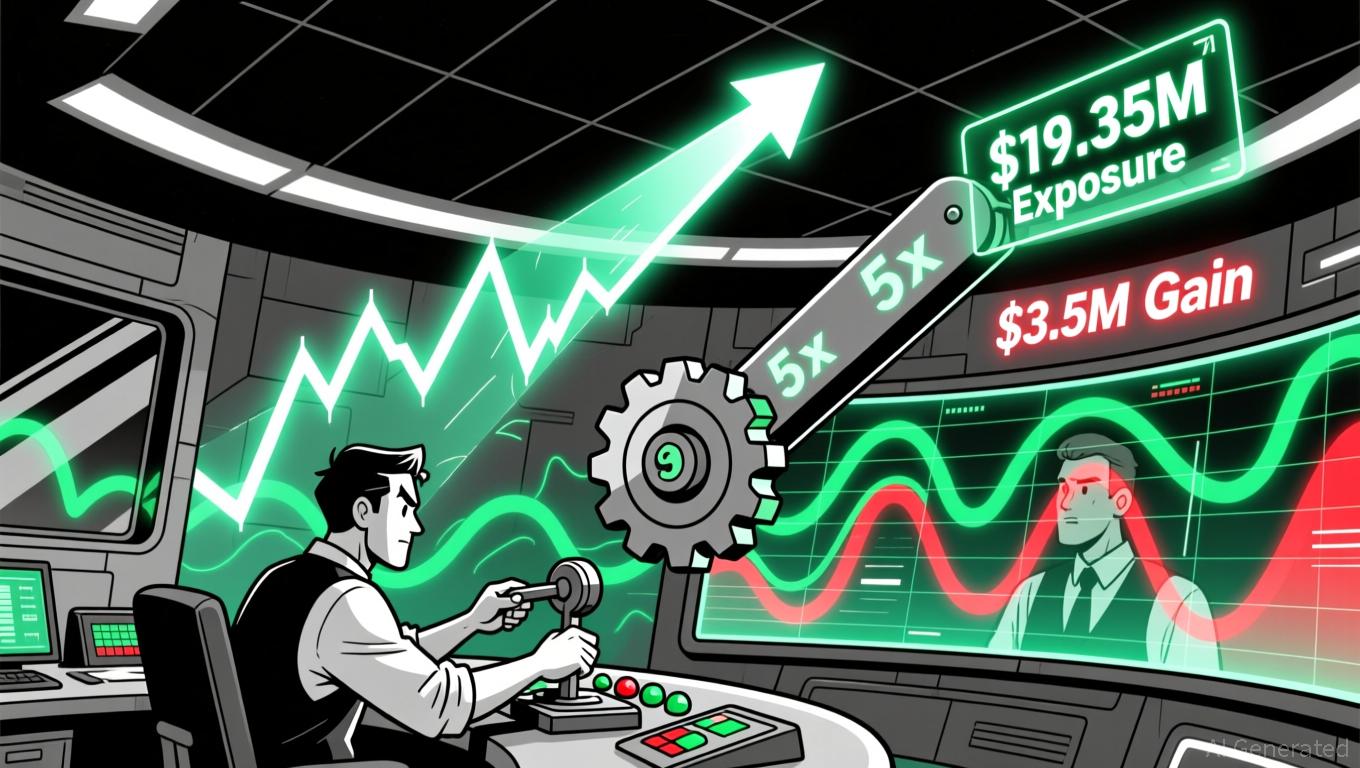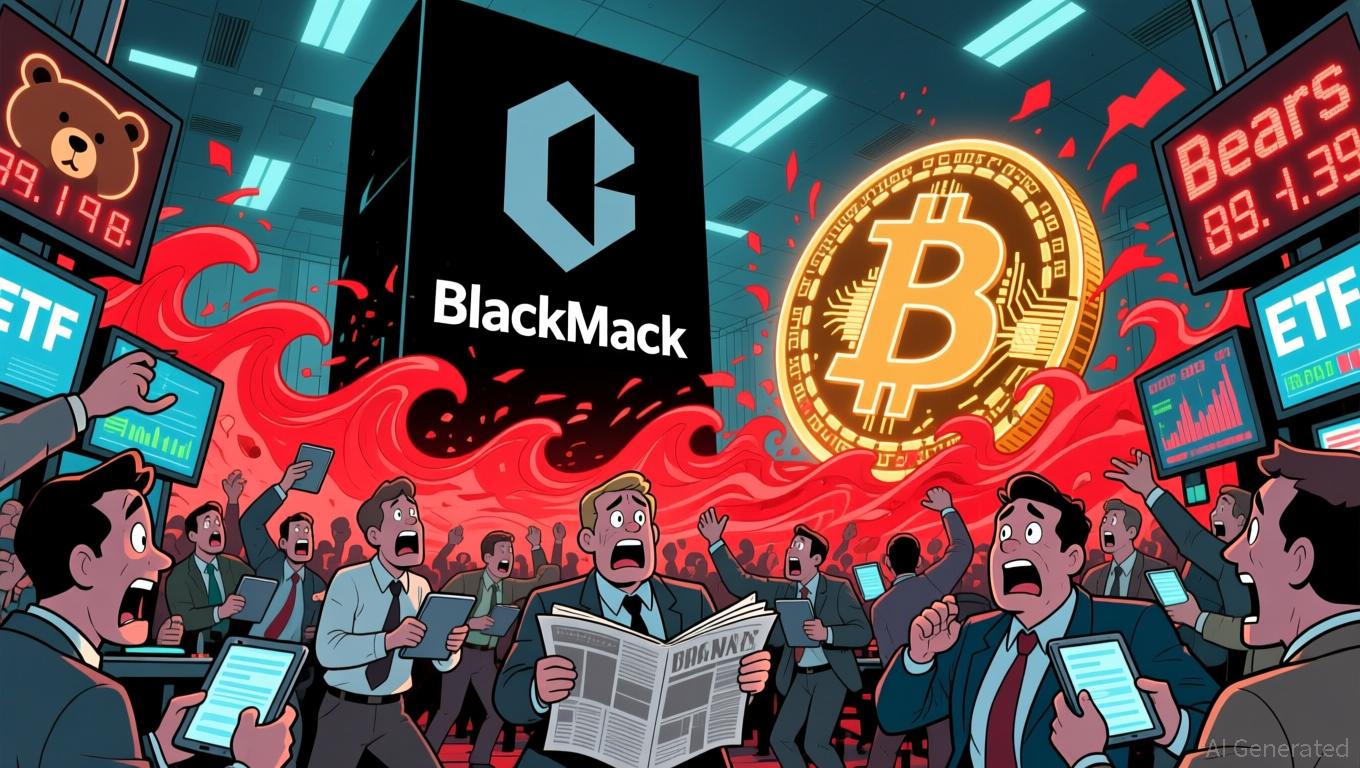Rising Incidents of Air Rage Spark Appeals for Polite Travel, While Detractors Highlight Deeper Systemic Issues
- U.S. Transportation Secretary Sean Duffy launched a campaign urging travelers to restore civility in air travel, citing a 400% rise in in-flight outbursts since 2019. - The initiative promotes courteous behavior, such as assisting passengers and showing gratitude to crew, amid FAA data showing 13,800 unruly incidents since 2021. - Critics blame airlines for cramped seating and poor service, arguing civility efforts should address systemic issues like overcrowding and pricing rather than passenger attire.
U.S. Transportation Secretary Sean P. Duffy has initiated a national campaign calling on Americans to bring respect back to air travel, pointing to a notable surge in disruptive passenger conduct and a cultural change he links to more casual attire and eroding social standards. Named "The Golden Age of Travel Starts with You,"
Duffy pointed out that these problems are no longer limited to the airplane cabin, as altercations at baggage claim and disputes at boarding gates are also contributing to what he described as a "toxic" travel atmosphere. During an interview with Fox Business, he
Statistics from the Transportation Department highlight the campaign's importance. FAA records indicate there have been 13,800 reports of unruly passengers since 2021, with 20% of flight attendants experiencing physical confrontations during that time. The increase in such events

The campaign's emphasis on attire has also sparked discussion. Airlines like Spirit and others already have policies against bare feet and inappropriate clothing, and there have been instances where passengers were denied boarding for breaking these rules
Duffy's call for more respectful behavior comes as the U.S. faces broader challenges in the aviation sector.
The Transportation Department's initiative seeks to ignite a national dialogue about bringing "courtesy and class" back to flying, for both travelers and airline employees. A DOT spokesperson mentioned that greater civility could help ease the stress of the busy holiday travel period. Still, the campaign's effectiveness may depend as much on changes in airline policies and regulatory action as on passenger conduct.
Disclaimer: The content of this article solely reflects the author's opinion and does not represent the platform in any capacity. This article is not intended to serve as a reference for making investment decisions.
You may also like
Vitalik Buterin Backs ZKsync: Accelerating Ethereum’s Expansion and Advancing Layer 2 Solutions
- Vitalik Buterin endorses ZKsync's Atlas upgrade, highlighting 15,000 TPS, $0.01 fees, and bridging Ethereum's Layer 1/2 liquidity. - ZK Stack innovation reduces capital fragmentation while Airbender prover enables 2-GPU L1 block proofs, advancing Ethereum's scalability. - ZKsync now holds 15% Layer 2 TVL with 50% ZK token surge, but faces 60x performance gaps and competition from Arbitrum/Optimism. - Upcoming Fusaka upgrade targets 30,000 TPS by December 2025, while Kohaku privacy framework addresses ado
Investment Prospects in Layer 2 ZK Technologies After the ZK Atlas Enhancement
- ZK Atlas Upgrade (Oct 2025) boosts blockchain scalability via modular ZK solutions, enabling 15,000–43,000 TPS with $0.0001 per transaction costs. - Ethereum gas fees dropped 90%, TVL in ZK rollups hit $3.5B by 2025, with Deutsche Bank adopting ZK-rollups for institutional settlements. - Deflationary tokenomics drive capital efficiency: buybacks, burns, and staking rewards attract institutions, supported by $15B in Bitcoin ETF investments. - Analysts project 60.7% CAGR for ZK Layer-2 solutions, reaching
ZEC rises 6.32% in 24 hours as Hyperliquid holds a $19.35M long position
- ZEC surged 6.32% in 24 hours to $538.2 on Nov 22, 2025, despite a 9.7% weekly drop, with 36.25% monthly and 879.76% annual gains. - A $19.35M ZEC long position on Hyperliquid (5x leverage) shows $3.5M unrealized gains, highlighting institutional bullishness amid price volatility. - The leveraged position underscores amplified risks/rewards, with narrowing gains signaling market uncertainty and the need for cautious monitoring of macroeconomic/on-chain trends.

Bitcoin Updates: Billions Flow Out of Bitcoin ETFs While Stablecoins Strengthen as Core of Finance
- BlackRock's IBIT Bitcoin ETF recorded a record $523M outflow, pushing November's total U.S. spot Bitcoin ETF redemptions to $2.96B amid Bitcoin's 30% price drop. - Analysts link the exodus to weak fundamentals and macroeconomic uncertainty, with ETF outflows and long-term holder sales tightening liquidity and eroding investor confidence. - BlackRock filed for an Ethereum staking ETF as stablecoins surge in cross-border finance, processing $9T in 2025 payments while Bitcoin ETFs face sustained outflows an
